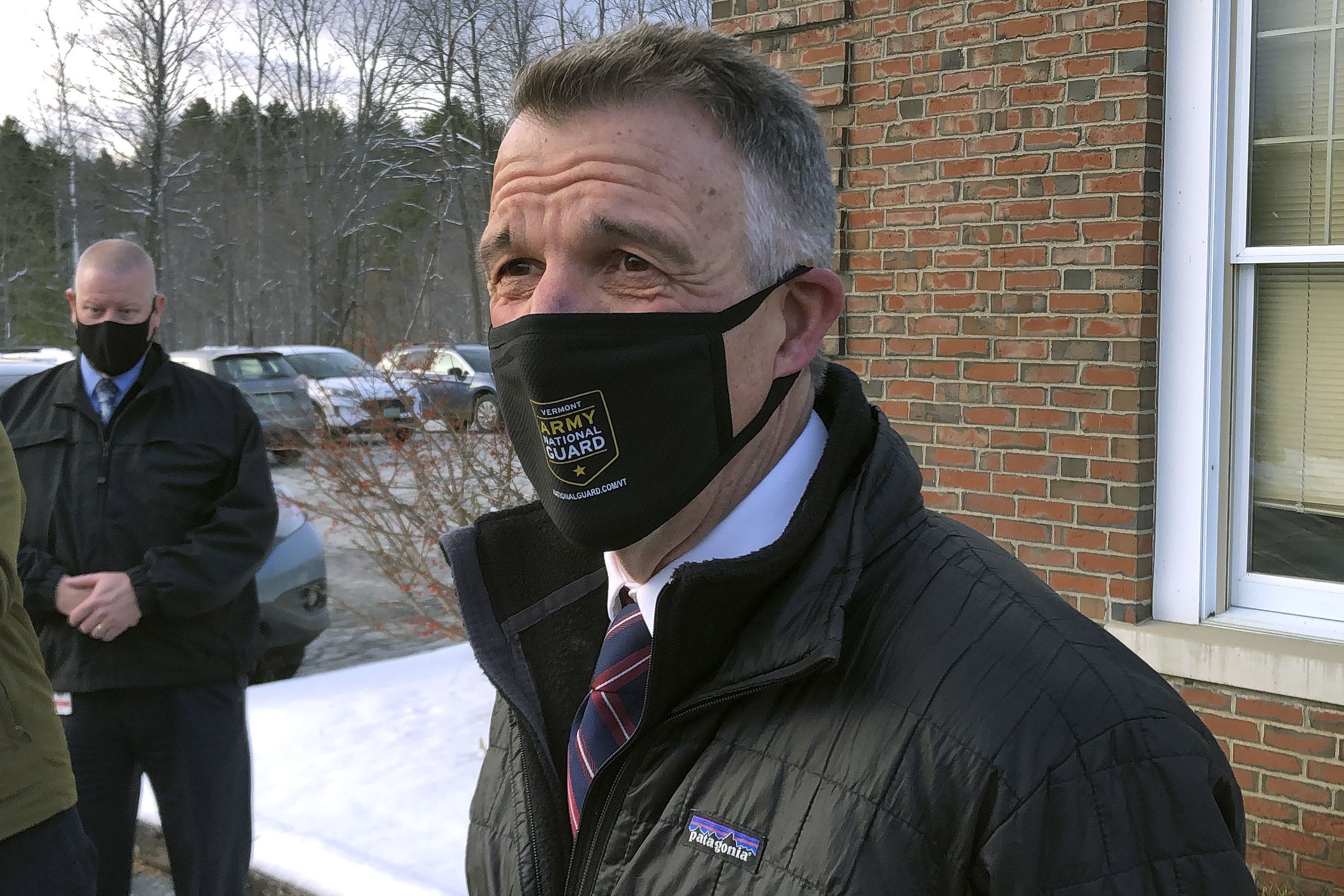With food insecurity in Vermont at high levels due to the COVID-19 pandemic, advocates for animals want to make sure pets are well-fed—even if their owners are struggling to make ends meet.
Researchers at the University of Vermont found nearly 30% of people in the Green Mountain State experienced food insecurity during the pandemic. That figure is roughly triple the number from two years ago, they noted.
"Oftentimes, people will prioritize buying food for their pets before buying food for themselves," said Nicole Whalen, the public affairs director for the Vermont Foodbank.
The Vermont Foodbank distributes pet food to food shelves around the state along with groceries for humans, which is its core mission.
Whalen said with food insecurity suddenly spiking during the pandemic, as evidenced by all those long lines at charity food shelves and food distribution sites, demand for pet food has grown, too.
"Pet food has always been a popular item for us—it flies off the shelves," Whalen told NECN. "But this year, it has moved especially fast."
Stacy LeBaron is the president of a Vermont group called Pawsitive Pantry that directs cash donations to the Foodbank to support its pet food buying and distribution.
"Hopefully, there's no pet left behind," LeBaron said of her goal to expand access to pet food at Vermont's charity food shelves.
Pawsitive Pantry's ultimate goal is to make sure animals aren't abandoned at shelters or elsewhere by anyone struggling to afford them, LeBaron explained.
The nonprofit pointed to the story of a woman named Barbara. Unable to leave her senior living facility in Vermont's Mad River Valley while she stays safe from the virus, Barbara told Pawsitive Pantry her qualify of life is improved by the presence of her beloved cat, Lucy.
More on the Coronavirus in Vermont
"The mental health benefits of having a companion—a cat or a dog—is just incredibly important," LeBaron observed. "They are our family. It's great that we've had them with us through [the pandemic] because it's helped us, but we need to be able to keep [animals and their owners] together."
LeBaron noted that she has heard of people obtaining human food from charity food shelves and giving some of it to their pets. However, that is often not healthy for the animal, the advocate said.
Inside LeValley Building Supply on Route 7 in Rutland, a section of the sales floor has temporarily turned into a place where people in need can get free pet food.
"A lot of this food is top-notch," said Linda Heck-Groce, a store employee who along with other volunteers is collecting donations for animals belonging to folks in the Rutland area struggling to make ends meet.
Their effort is known as the Pet Food Pantry.
Because of job losses during the COVID-19 crisis, the Pet Food Pantry is certain personal budgets have only gotten tighter, so Heck-Groce said the organizers are deeply grateful for each and every gift.
"It's been overwhelming kindness from a lot of people," Heck-Groce said.
The Pet Food Pantry is a pop-up that runs inside of LeValley Building Supply through Jan. 5. Pickup hours are Monday through Saturday 10 a.m. to 3 p.m., and from 10 a.m. to noon on Sundays, Heck-Groce said. Hours to donate are more flexible, she added.
After Jan. 5, any unclaimed donations will go to Rutland's Community Cupboard food shelf, Heck-Groce said.



